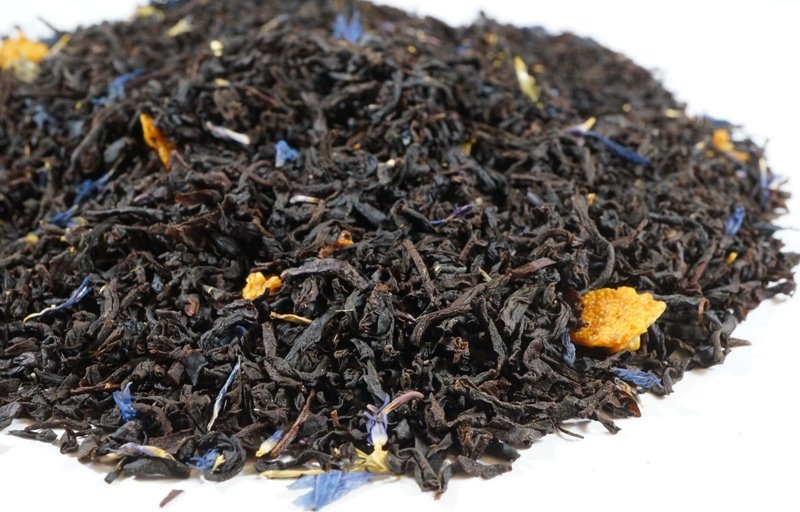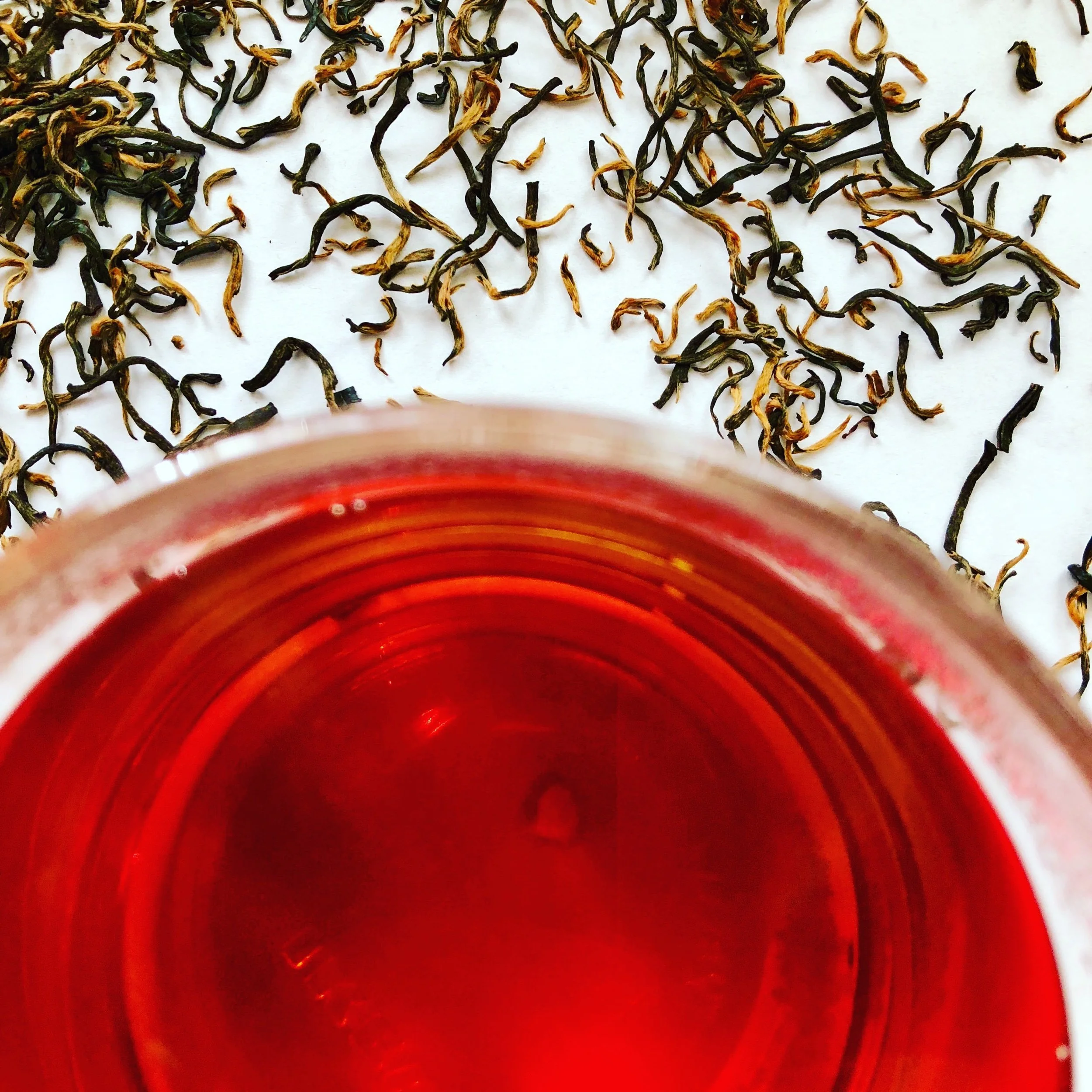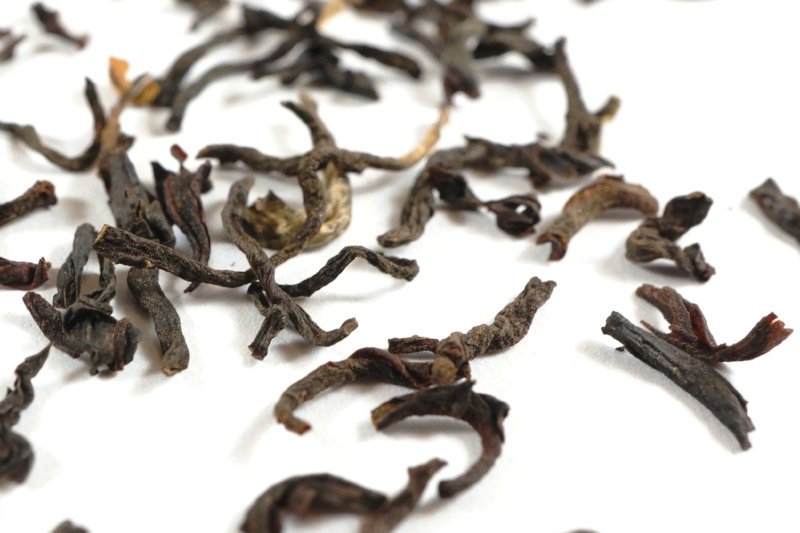One of the most popular types of tea served in tea houses around the world is Earl Grey. This particular tea is distinguished by its aromatic bergamot flavor, which is also often incorporated into various blends of tea. The history of Earl Grey and its origin is a somewhat disputed one, but what is known is that the tea has been around for several centuries.
The first known references to a blend of tea flavored with bergamot come from the early 19th century. In the early 1800s, Canton teas (Chinese green teas) were imported in Europe with bergamot added to reduce the musty taste of the tea. This tea blend was popular among English tea drinkers and spread throughout the country. By the mid-1800s, it had become widely known as "Earl Grey." It is believed to be named after Charles Grey, the second Earl Grey and British Prime Minister from 1830 to 1834.
Charles Grey was given a gift of tea flavored with bergamot by a Mandarin Official, or perhaps by a Chinese Lord, for saving the official's son during the Opium Wars in China. Supposedly, he was so impressed with the aroma and flavor of this particular tea that he requested his own blend to be made. As a reward, the Mandarin Official or Chinese Lord sent him a supply of tea flavored with bergamot, which was then distributed to his friends and family. This eventually spread, and to this day, Earl Grey remains one of the most popular teas in Britain.
The popularity of Earl Grey spread to the United States during the early 19th century as well. In the 1870s, American importers began offering Earl Grey tea, which was quickly embraced by the American tea drinkers. To this day, it remains one of the most popular types of tea in the country.
Since its beginnings several centuries ago, Earl Grey has become widely popular around the world because of its unique flavor and aroma. While the exact origin of this tea may be disputed, its popularity is something that we can all agree on.
Sources:
1. T-Ching. "What's the History of Earl Grey Tea?". July 28, 2020.
2. Bidwell, Dawn. "The History of Earl Grey Tea". November 26, 2019.
3. Vavro, Eva. "The Interesting History Behind the Popular Earl Grey Tea". November 18, 2019.
4. Chatterjee, Nitish. "Know the History of Earl Grey Tea". October 25, 2019.
5. BBC. "Earl Grey Tea". November 21, 2014.




